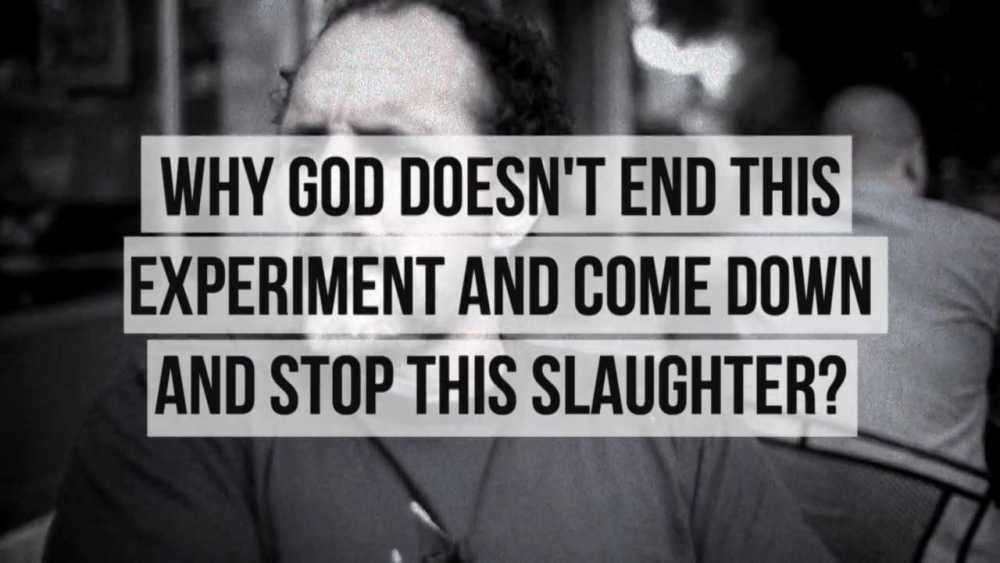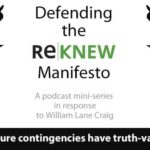We run our website the way we wished the whole internet worked: we provide high quality original content with no ads. We are funded solely by your direct support. Please consider supporting this project.

Divine Wisdom
Why doesn’t God end it all and stop the slaughter? Why does God allow suffering and evil to go on so long? Here, Greg offers two possible answers to these questions. Option A is that all evil somehow is designed by God and somehow brings glory to him. But Greg thinks Option B is a better explanation, and it involves something he calls “divine wisdom”. Watch to see if you agree.
You can find more videos like this by visiting The Work of the People.
Category: Sermons and Video Clips
Tags: Calvinism, Evil, Open Theism, Problem of Evil, Suffering, The Work of the People, Theodicy
Topics: The Problem of Evil
Related Reading

On Mental Illness and Jumping from a Burning Building
seyed mostafa zamani via Compfight Ann Voskamp wrote this piece in the wake of the suicide of Rick Warren’s son. It’s disheartening to hear so many thoughtless and cruel comments by other Christians when tragedies like this strike. But here is a voice of knowing and compassion. Here is love. From Ann’s blog post: I…

Violence: What Did Jesus Do?
Thomas Quine via Compfight Here’s a spot-on reflection on what Jesus taught us about responding to violence. Whatever you think about the justification of violence in particular situations, as Christians we simply cannot escape the fact that Jesus demonstrated another way. From the reflection: And though he had access to unlimited power to have himself released…

Podcast: Defending the Manifesto (6 of 10)
Greg responds to challenges by William Lane Craig from Craig’s podcast “Reasonable Faith.“ Greg denies Molinism and discusses the logic of possibility. http://traffic.libsyn.com/askgregboyd/Episode_0061.mp3

What is the significance of Exodus 32:14?
The Lord states his intention to destroy Israelites because of their wickedness: “Now let me alone,” he says to Moses, “so that my wrath may burn hot against them and I may consume them” (vs. 10). Moses “implored the Lord” (vs. 11) and, as a result, “the Lord changed his mind about the disaster that…

A Very Brief History of Open Theism
While the open view of the future has always been a very minor perspective, it has had its defenders throughout Church history and it has never been called “heresy” (until in mid 1990s when some started using this label). According to some African American church leaders, it has been the predominant view in the African…
